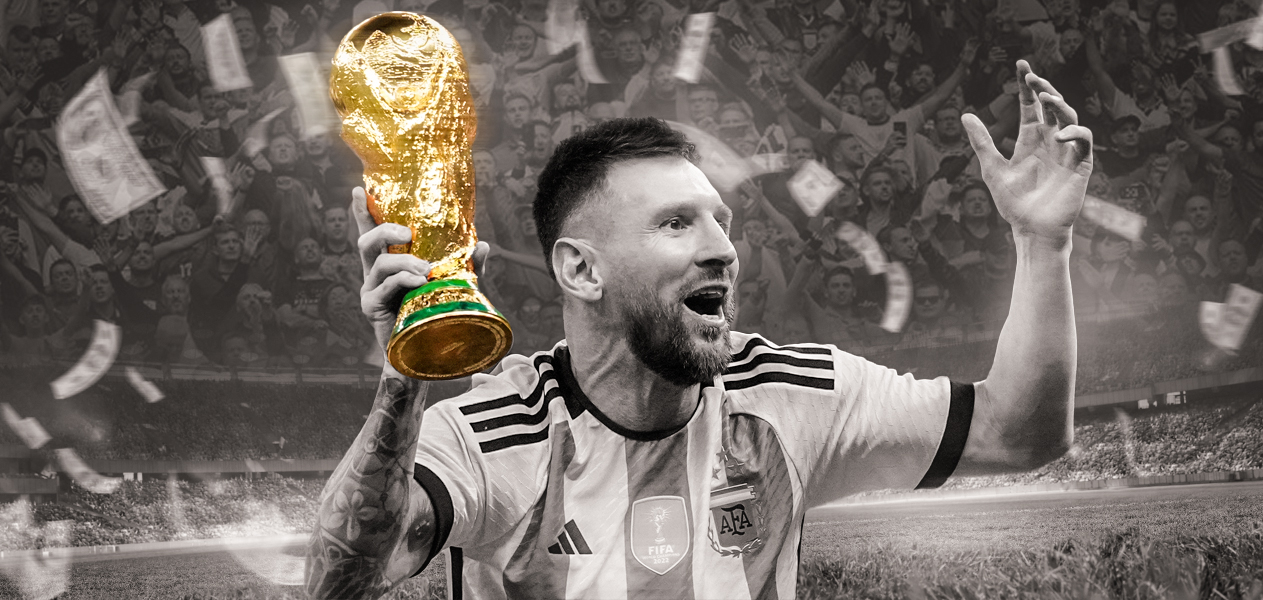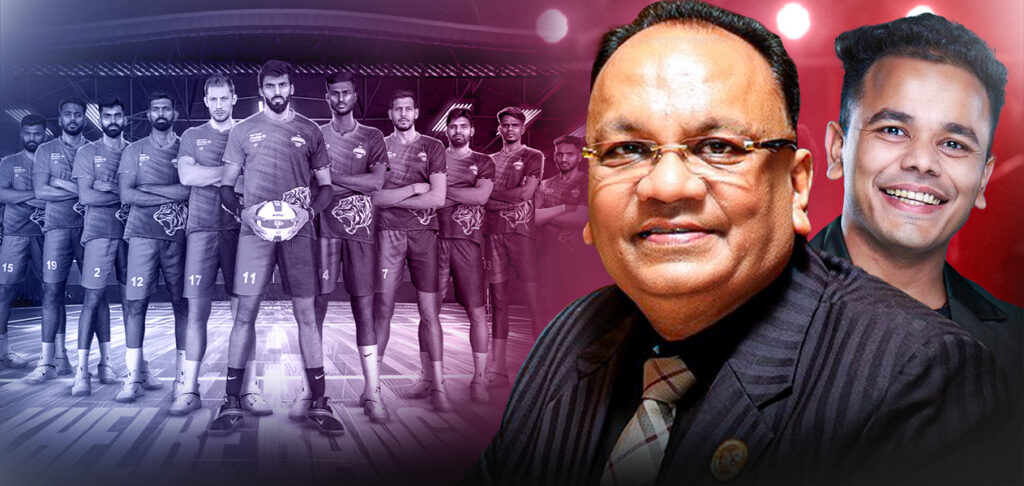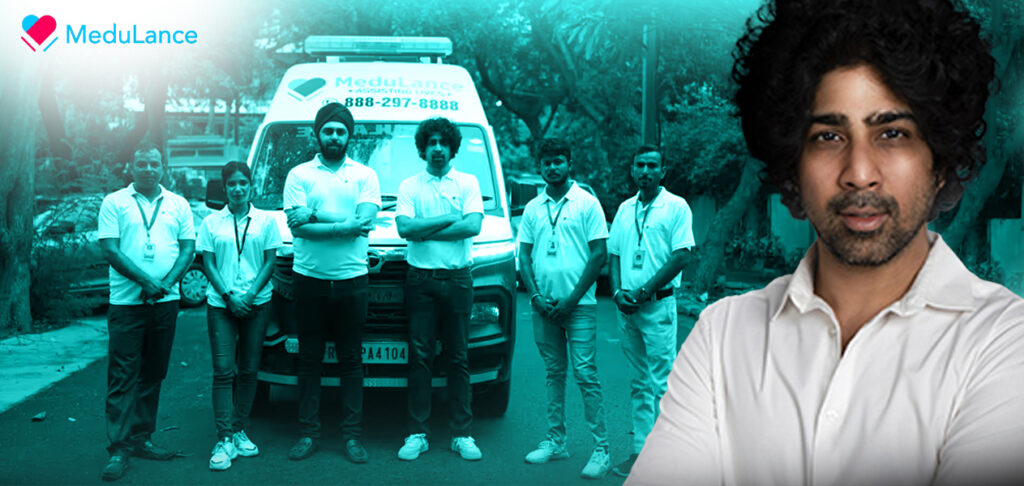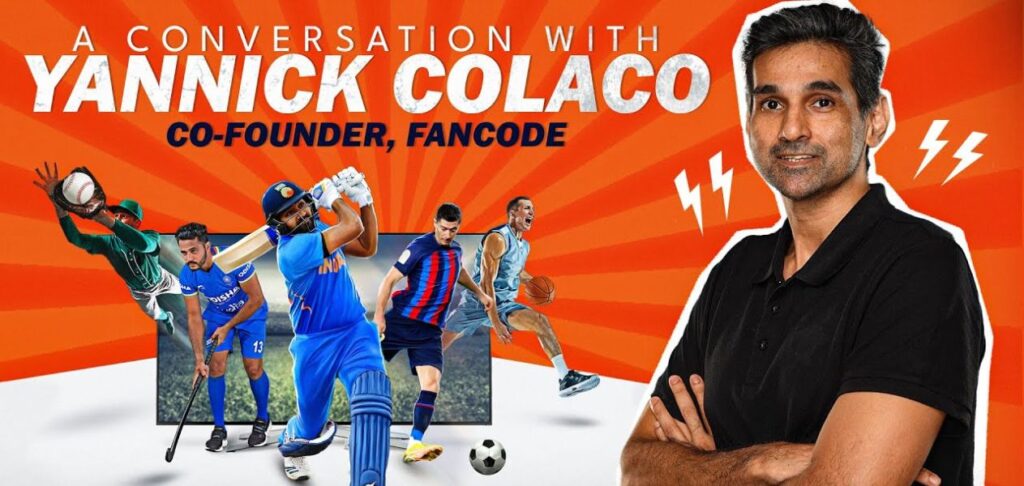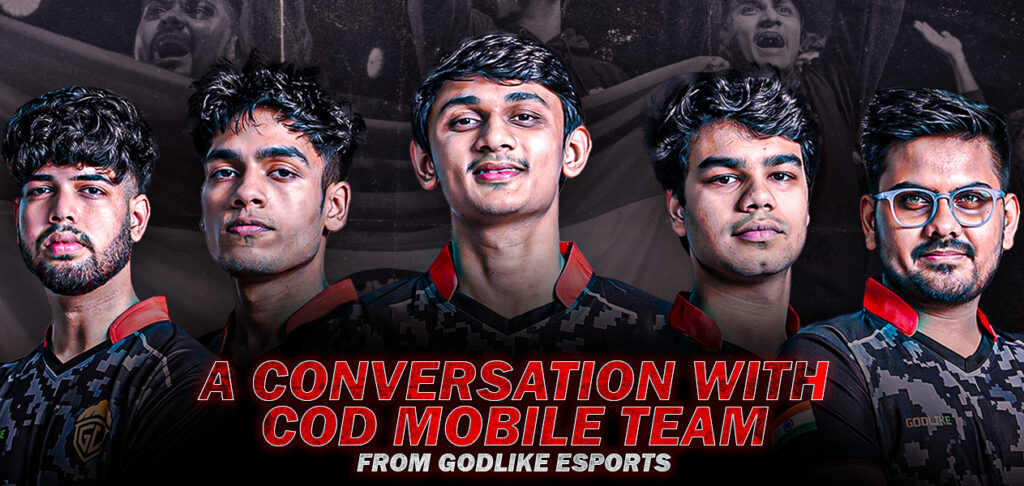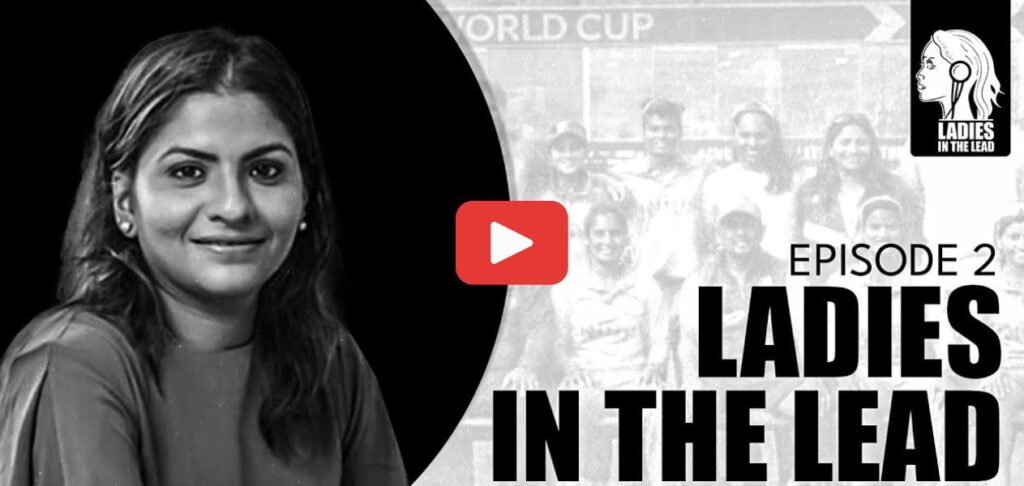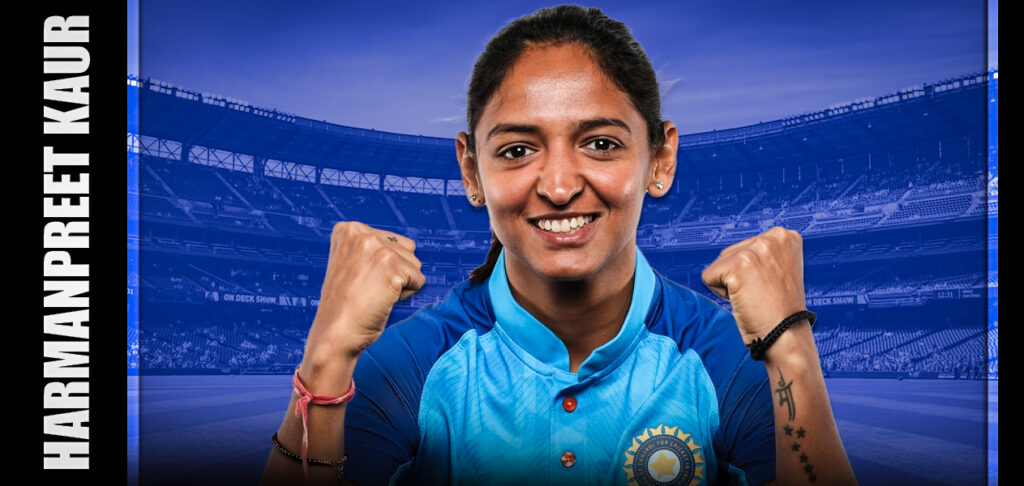Football is increasingly becoming bigger than it ever was. Be it in terms of the valuation or the amount of influence it now carries in the world, there has been an accentuation in how powerful individuals or groups have been using the sport as a means to promote their image or portray their strength. Because of how much power they wield in the geopolitical spaces, these individuals are almost never opposed publicly, despite having questionable records. That is, unless those around football clubs themselves take up a stance and attempt to shed light on the negatives.
Sportswashing works in rather discrete ways sometimes. One of the most unnoticed aspects of it is how organisations and nation-states with questionable backgrounds usually look to take over clubs that harbour fans that have been left frustrated with life under previous owners, making it easier for these fans to be less sensitive towards any issues regarding the background of the new owners. They are promised an improvement in how their club would be run, how much money it would spend, and a glittering idea of future success. And fans, out of pure emotion for their club, end up forgetting about any ills that could be associated with their new overlords. The examples of Newcastle United, Paris Saint-Germain, Manchester City and, potentially, Manchester United are rather obvious.
When Saudi Arabia’s sovereign Public Investment Fund (PIF), the majority shareholder of the Magpies, invested £450 million into the club only some months after the takeover, an organisation called NUFC Fans Against Sportswashing launched a protest against the ownership. The protest was silent, and the goal was to make sure that fans know about the human rights issues involving the Saudi state. It barely garnered any attention, however, as two hours later Newcastle grabbed a 1-0 win over Chelsea. The message was left unheard, and even if it was heard, it was barely acknowledged amidst the club’s march towards the top of the Premier League table.
In a similar stance, LGBTQ+ fan club Rainbow Devils has expressed concerns about Sheikh Jassim bin Hamad al-Thani’s bid for Man United. FairSquare, a human rights group, has asked to block the takeover. But talks for the sale have continued despite the efforts from both Rainbow Devils and FairSquare, establishing a pattern that usually follows in cases like these.
At the very centre of the conflict lies the idea that the sale of a football club involves two parties, and it is quite likely that the selling party is desperate to dispose of its asset(s). If the party interested in buying the club is one that holds enormous influence and financial strength, the selling party will be much more likely to execute the sale. A vast majority of football club owners aren’t fans and are purely in it for the money. Once they attract the lure of a powerful buyer, nothing matters to them more than earning money from the sale of their coveted asset.
Mike Ashley had put Newcastle United up for sale many months before the PIF took over. His business ventures elsewhere had suffered losses as a result of the financial impacts of COVID-19. He was, therefore, desperate to earn from the Newcastle sale, and he wasn’t a fan of the club anyway, having left it to ruin for many years. The fans were left frustrated at the extent of the club’s downfall—especially during the Championship days—and were just as desperate to have new owners in place.
In the Newcastle case, though, there was an equally influential power in the Middle East that managed to delay the club’s sale to the PIF, which says a lot about the power fans and other stakeholders around clubs have when it comes to controversial stakeholders, unless they are as massive as the nation of Qatar itself, whose efforts proved vital in making sure that the PIF’s takeover was delayed. Citing a piracy issue, which involved the obvious flow of money, Qatar had stated that the Saudi government was complementing pirate broadcasts of BeIN Sport, which was banned in Saudi Arabia at the time.
It only required an even larger geopolitical and economic issue for the takeover to be delayed for about a year, until it finally happened, and the relations between Saudi Arabia and Qatar ended up getting better. This is a fair reflection of the plane football finds itself in, having grown in stature over the years. It is, as a result, losing ground ethically, because ethics don’t always correspond to profits and losses.
One of the reasons why The Super League failed in its last guise was because of the sheer masses of protests across England. Moreover, since the project was being funded by banks that are known to work closely with the likes of Man United, Liverpool and Tottenham Hotspur, it made financial sense for the non-English clubs to back away from the idea. If a massive number of fans didn’t seem happy with it, the guarantee of a financial return on a huge investment was going to be rather limited, restricting the potential increase in value of those clubs.
But The Super League exists in a completely different space, since ownership of specific football clubs carries an emotional value and offers fans who have lost faith in their club a new ray of hope to stay connected to their teams. New owners prey on that disappointment, and often, like the potential Qatari takeover of Man United, promise redevelopment of the part of the city that the club is based in. Man City did just that, so whenever arguments are made against the club’s shady UAE-based ownership, their development projects to bolster lower Manchester are talked about as a big positive. These sportswashing actions often help them roll the die in their favour, as it involves working with local bodies and national governments. Having these projects doesn’t just help in swaying fan opinion, it also helps the owners put themselves into the good books of the local authorities and politicians, who carry a certain influence themselves.
That, unfortunately, is the direction football is heading into, as clubs and their owners look to increase the value of their businesses in order to attract bigger stakeholders and sponsors. The sport, in general, is going further away from the fans on a daily basis, and it might be time for fans to realise that.

